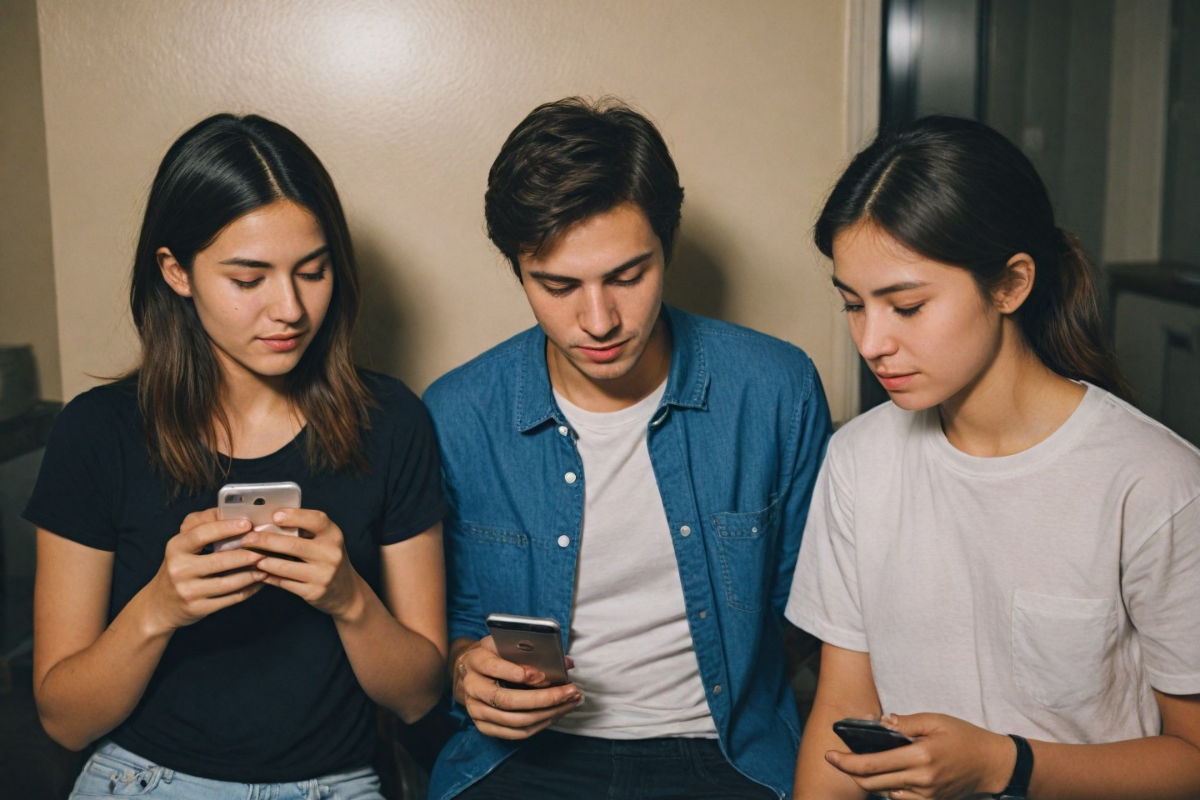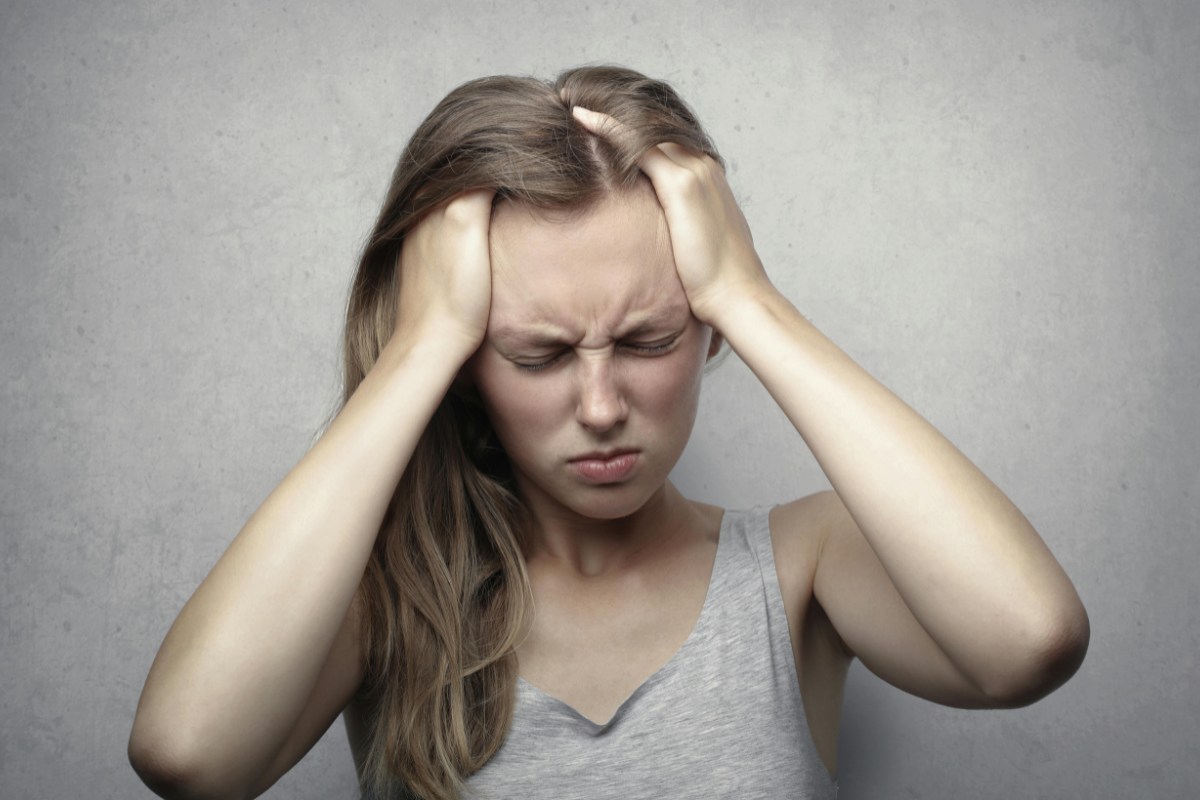
The Psychological Effects of Social Media on Mental Health

The Psychological Effects of Social Media on Mental Health
Introduction
In today's interconnected world, social media has become an integral part of our daily lives. While it offers numerous benefits, such as connecting with friends and family, accessing information, and staying updated on current events, it also has a significant impact on our mental health. This blog post will delve into the psychological effects of social media, explore the potential risks, and provide strategies for managing its impact on our well-being.
The Impact of Social Media on Mental Health
- Depression and Anxiety: Excessive social media use has been linked to increased rates of depression and anxiety. Constant comparison to others, negative online interactions, and the fear of missing out (FOMO) can contribute to these mental health issues.
- Low Self-Esteem and Body Image Issues: Exposure to unrealistic beauty standards and idealized lifestyles on social media can lead to feelings of inadequacy and low self-esteem.
- Isolation and Loneliness: While social media can connect people, excessive use can lead to feelings of isolation and loneliness. Real-life connections are essential for our mental well-being
- Sleep Disruption: The blue light emitted from screens can interfere with sleep patterns, leading to fatigue, irritability, and difficulty concentrating.
- Addiction: Social media can be addictive, with users experiencing withdrawal symptoms when they try to reduce their usage.
Understanding the Psychology Behind Social Media
- Dopamine Release: Social media platforms are designed to be addictive, releasing dopamine in the brain when users receive likes, comments, or other forms of positive feedback. This can create a cycle of seeking validation and approval.
- Fear of Missing Out (FOMO): The constant stream of updates and highlights on social media can create a sense of FOMO, leading to anxiety and stress.
- Social Comparison: Comparing oneself to others on social media can lead to feelings of inadequacy and self-doubt. It's important to remember that people often only share their highlights, not the challenges they face.
Strategies for Healthy Social Media Use
- Set Limits: Establish specific time limits for social media use each day.
- Mindful Social Media Consumption: Be aware of your thoughts and emotions while using social media. Challenge negative comparisons and focus on the positive aspects of your life.
- Curate Your Feed: Unfollow or mute accounts that trigger negative emotions or contribute to a toxic online environment.
- Take Breaks: Schedule regular breaks from social media, especially before bed.
- Disconnect: Consider taking a complete digital detox periodically to disconnect from technology and reconnect with yourself.
- Prioritize Real-Life Connections: Make an effort to spend quality time with friends and family, fostering meaningful relationships.
- Seek Professional Help: If you're struggling with mental health issues related to social media, don't hesitate to seek help from a mental health professional.
Conclusion
While social media can be a valuable tool for connection and communication, it's essential to use it mindfully and in moderation. By understanding the potential negative effects and implementing healthy strategies, individuals can mitigate the risks and enjoy the benefits of social media while prioritizing their mental well-being.























































